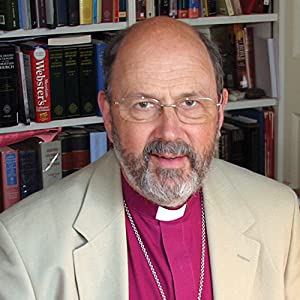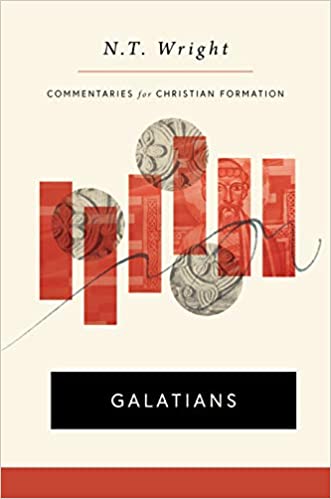Q. On p. 260 you put your finger on something which I have often found troubling, namely the abstracting of ideas from the NT in order to put together a systematic theology of sorts. I think your critique of what happened at Nicaea and Chalcedon etc. is quite fair. You do not mention, which you could have done, how middle Platonism affected the way say for example John 1, but also Gal. 4 was read by those divines at that meeting, so that we end up with a discussion about the two natures of Christ etc. something the NT says nothing about. The loss of the narrative thread that connects such ideas is pretty apparent. Comments?
A. Yes, this is a major problem with theological study and education right now. I fear that many systematic theologians studied ‘Bible’ in their first year at college or seminary and it was often taught very negatively (‘Jesus never said A, B or C…’ and ‘now we will distinguish the following three layers of proto-Luke or Early Q’… etc) so that they arrived in Patristics with a sigh of relief – and never were introduced to the Jewish matrix of early Christianity which has its own sophisticated metaphysic (focused not least on Temple and Torah) which provides a much better framework, i.m.h.o., for understanding what must be said about Jesus and the Spirit. I am not saying Nicaea or Chalcedon were ‘wrong’ – just that if you start there you will never understand what the NT was actually saying, which, yes, has to do not least with the narrative thread about exile and restoration, about YHWH returning to Zion, about God coming to live in the midst of his people, etc etc.













